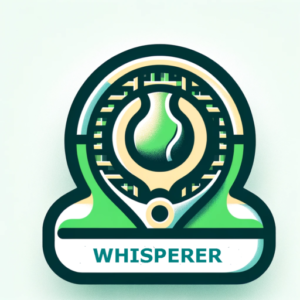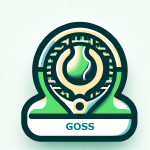Fathers, Coaches, and the Fragile Power of Bloodlines
Fathers, Coaches, and the Fragile Power of Bloodlines in Tennis
D.H. Lawrence and Sigmund Freud made careers analyzing the undercurrents of family life—obsessions, rivalries, love twisted by proximity. But even they might have been stunned by the emotional chess match that unfolds when a parent becomes a full-time tennis coach on the pro tour.
It’s not just a family bond anymore. It’s a partnership under floodlights, fueled by expectation and exposed to global scrutiny. In that world, the line between unconditional love and professional accountability gets dangerously thin.
The Experiment: Tsitsipas and Ivanišević
In 2025, Goran signed on for a trial run with Stefanos Tsitsipas, a two-time Grand Slam finalist struggling to rediscover his form. Ivanišević, a Hall of Fame player and seasoned coach, saw potential—but he had one condition: Apostolos Tsitsipas, Stefanos’ father, had to step away.
It didn’t last long. After a few early losses and public friction over preparation and team culture, Stefanos returned to Apostolos. The emotional familiarity was too powerful to let go.
But that comfort comes with a price.
Bloodlines and Blind Spots
Tsitsipas’ career has been a case study in the dual edge of paternal coaching. Apostolos has spent a decade at his son’s side—traveling, training, and even micromanaging in-match tactics from the box. In 2024, Stefanos snapped, ejecting his father mid-match in Montreal, later blaming him for stagnation and a misfiring forehand. It was an ugly breakup. But less than a year later, he was back.
Why? Because sometimes the person who raised you is still the one who knows you best—your rhythms, fears, moods, triggers. As Apostolos put it: “I can feel when his mindset starts changing.” That kind of closeness can be irreplaceable—or suffocating.
When It Works
Casper Ruud and his father, Christian, have found a rare balance. Their relationship is relaxed, peer-like. Between matches, they bond over golf, road trips, and shared jokes. Christian coached his son as a child, stepped aside during Casper’s development in Spain, and then returned—not as a controlling figure, but as a trusted guide.
Ben and Bryan Shelton offer another model. Bryan coached Ben through childhood and college, but only joined the tour full-time in 2023. Now, he’s more hands-off: letting fitness coaches run conditioning, skipping dinners so Ben can hang out with friends. The key? Trust and space.
And Alexander Zverev, coached by his father and brother, offers comic relief: “Off the court, I spend zero time with my father. That’s a starting point.” It’s a dynamic that works for them—but not without tension.
The Pioneers: Venus, Serena, and Steffi
This isn’t just a story of sons and fathers. Long before the Tsitsipas saga, Richard Williams was crafting something revolutionary with his daughters, Venus and Serena. He had no pedigree, no federation approval. But he had a vision—and a refusal to compromise.
His relationship with his daughters wasn’t flawless, but it was grounded in empowerment. When Serena eventually added coaches like Patrick Mouratoglou, it wasn’t rejection—it was evolution. Richard never left the foundation.
Then there’s Steffi Graf, who won 22 Grand Slams with her father Peter guiding her rise. But Peter’s controlling behavior, both on and off the court—including a scandal over mismanaged earnings—eventually forced a rupture. Graf kept winning, but she did so by stepping into her independence, privately and professionally.
What’s Really at Stake
These relationships all hinge on a central tension: autonomy versus guidance. As young adults, players need to make their own decisions—to mess up, to rebound, to own their process. But when Dad is coach, critic, and emotional anchor, that space can shrink.
Tsitsipas admitted as much after the breakup: “I’ve been feeling more in control of my own emotions… That’s what gives me the freedom of feeling more alive.” But then the losses piled up, and the freedom felt less like liberation and more like isolation. So he went back.
Wrap
The father-coach role isn’t inherently doomed—or destined for success. It depends on emotional intelligence, timing, boundaries, and a shared willingness to adapt. The best partnerships evolve. The troubled ones get stuck in childhood roles, replayed on match courts.
Even Freud might have needed a toilet break to sort this one out.



